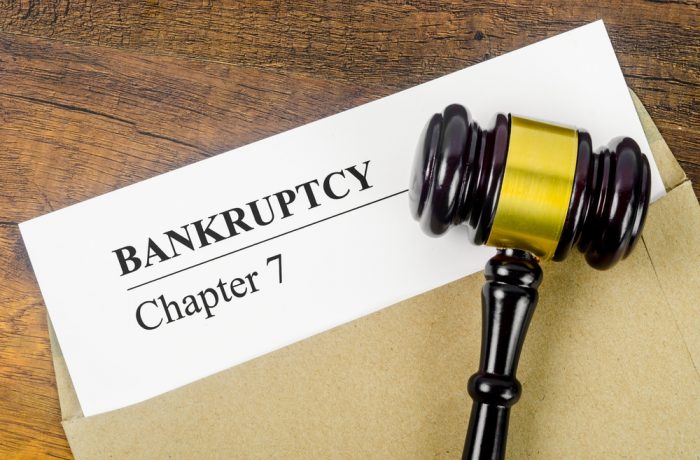Marriage is a partnership that extends beyond emotional support and companionship; it often involves shared responsibilities, including financial ones. Among the various concerns that arise in marriage, the issue of debt can be particularly complex and sensitive. Many individuals wonder about their liability for their spouse’s debts, and understanding the legal and moral dimensions of this question is crucial for navigating financial matters within a marriage.
In most jurisdictions, whether or not you are responsible for your spouse’s debts depends on several factors, including the nature of the debt, the laws governing marital property in your jurisdiction, and how the debt was incurred. Generally, there are two types of debt: separate and marital debt.
Separate Debt
Separate debt typically refers to debts incurred by one spouse before marriage or debts kept separate during the marriage. In many cases, spouses are not legally responsible for each other’s separate debts. For instance, if one spouse entered the marriage with student loans or credit card debt, the other spouse is not automatically liable for those debts unless they co-signed the loan or otherwise agreed to be responsible for repayment.
Marital Debt
Marital debt, on the other hand, refers to debts incurred during the marriage for the benefit of the marital estate. This could include expenses related to the family home, joint bank accounts, or other shared assets. In many jurisdictions, spouses are considered equally responsible for marital debts, regardless of which spouse incurred the debt or whose name is on the account. This principle is often referred to as the doctrine of joint and several liability.
In New York, marital debt refers to any debt incurred by either spouse during the marriage. It typically includes mortgages, car loans, credit card debt, medical bills, and other financial obligations accrued during the marriage.
New York follows equitable distribution laws regarding dividing marital assets and debts during a divorce. Equitable distribution does not necessarily mean an equal 50/50 split of assets and debts but rather a fair division based on various factors, including the length of the marriage, each spouse’s income and earning potential, contributions to the marriage, and the overall financial situation.
It’s essential for spouses going through a divorce in New York to disclose all debts accrued during the marriage, as failure to do so can have legal consequences. Additionally, spouses may want to consult with a qualified attorney to understand their rights and obligations regarding marital debt and to ensure a fair division during the divorce proceedings.
Legal Considerations
However, the specifics of marital debt can vary significantly depending on the laws of the state or country in which you reside. Some states follow community property laws, where all assets and debts acquired during the marriage are considered equally owned by both spouses, regardless of who earned the income or incurred the debt. Other states follow equitable distribution principles, where marital assets and debts are divided fairly but not necessarily equally in the event of divorce.
Furthermore, there are exceptions to the general rules of marital debt liability. For example, if a spouse incurs debt for unnecessary expenses or purposes that do not benefit the marriage, the other spouse may not be held responsible. Similarly, if a spouse can prove that they were unaware of the debt and did not benefit from it, they may have grounds to avoid liability.
Working Together
In addition to legal considerations, there are also moral and practical dimensions to consider when it comes to financial responsibility in marriage. While spouses may not be legally obligated to pay each other’s separate debts, many couples choose to support each other financially, especially in times of need. Building a strong financial foundation often involves open communication, mutual respect, and a willingness to work together to achieve common financial goals.
Moreover, addressing debt within a marriage requires proactive measures such as creating a budget, managing expenses, and discussing financial priorities. Couples may also consider pre or postnuptial agreements to clarify financial responsibilities and protect individual assets.
Ultimately, the question of whether you are responsible for your spouse’s debts is multifaceted and depends on various factors, including legal, moral, and practical considerations. While the law may dictate certain obligations, the strength of a marriage often lies in the commitment to support and work together through both the joys and challenges, including financial ones. By fostering open communication and mutual understanding, couples can navigate the complexities of debt and build a solid foundation for a healthy and prosperous future together.
Legal Guidance
Are you looking for a fresh start, a new beginning. Consider bankruptcy as an option. Contact the Bankruptcy Law Firm of Figeroux & Associates. Call 855-768-8845 or visit www.askthelawyer.us to schedule an appointment.






